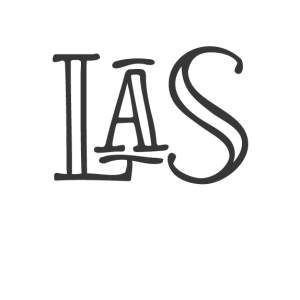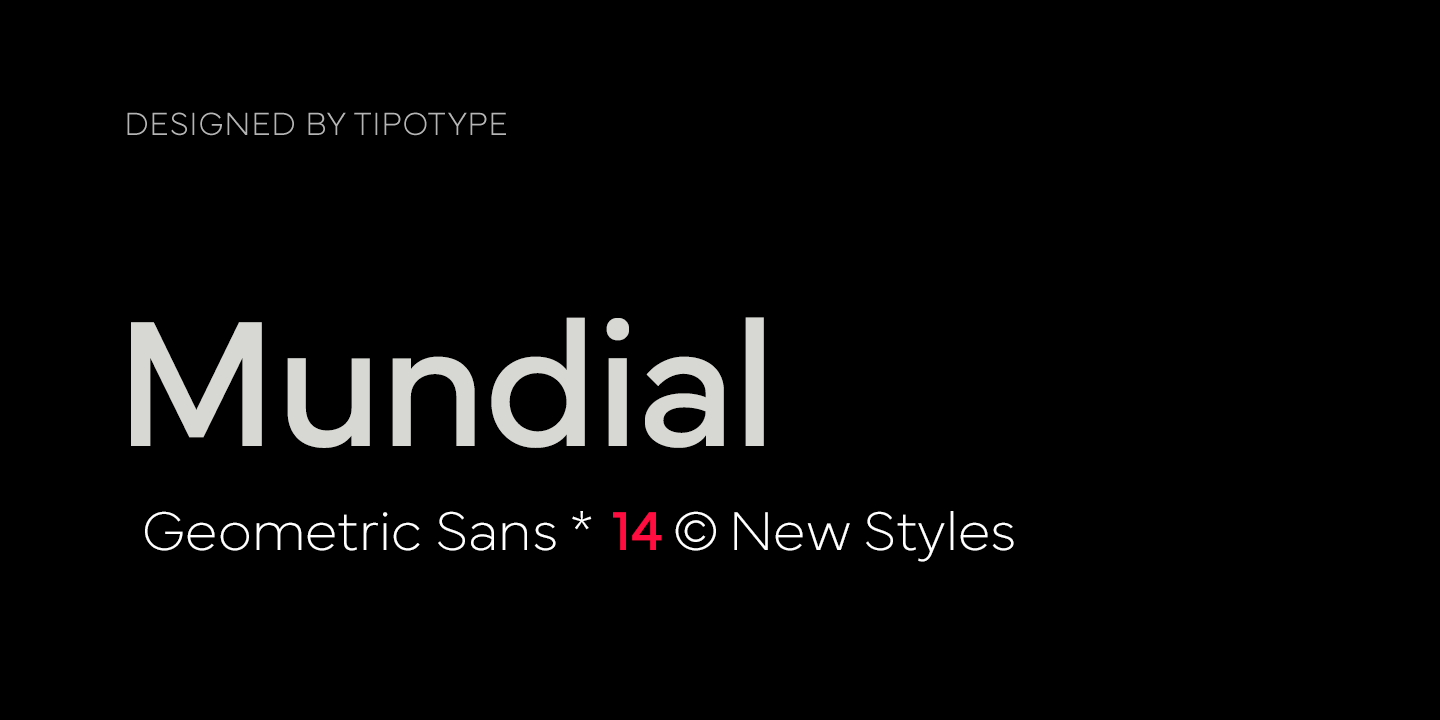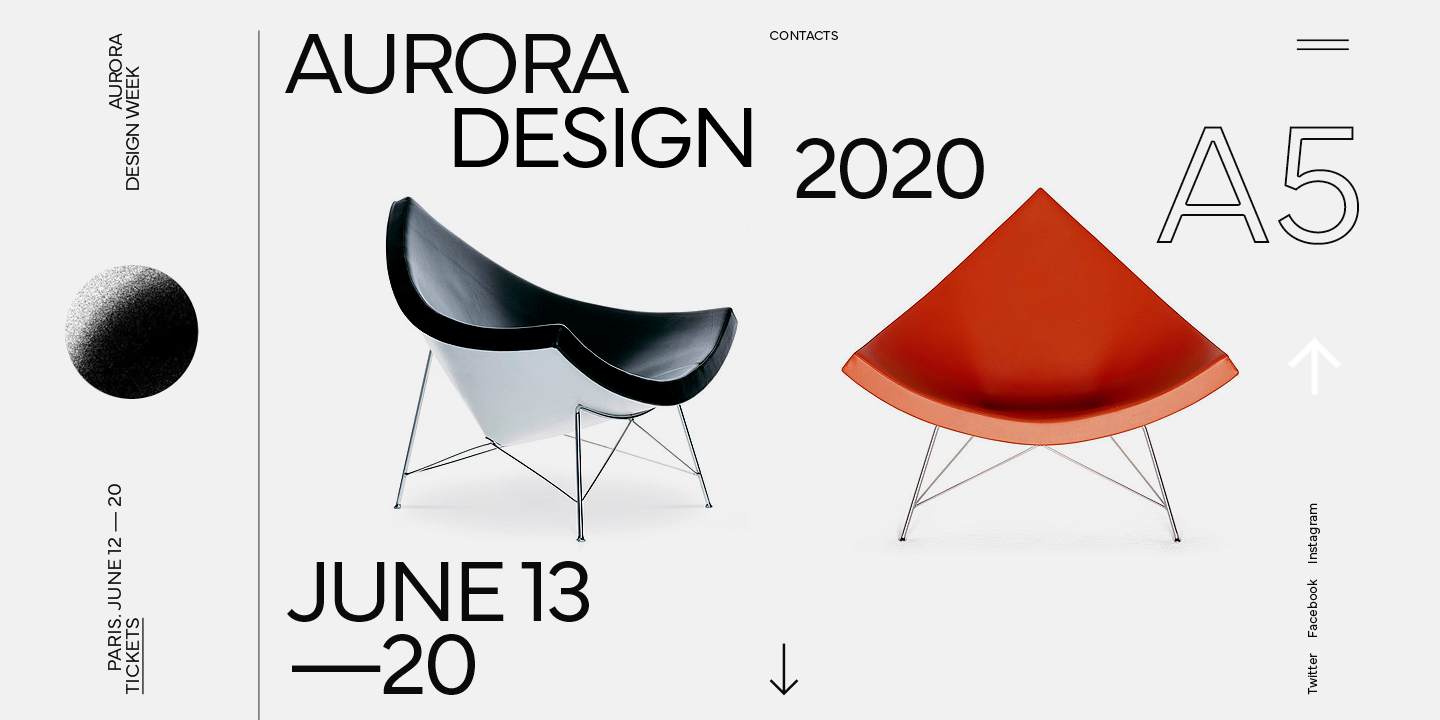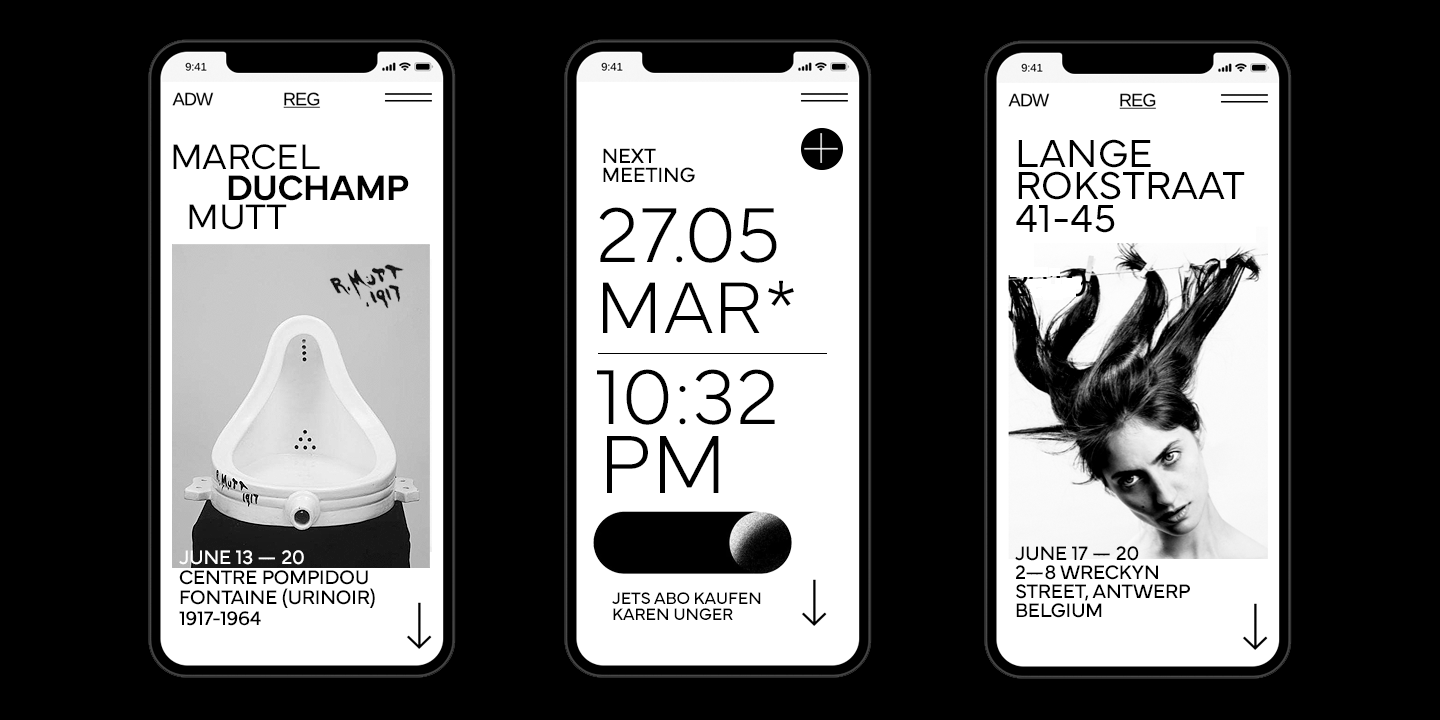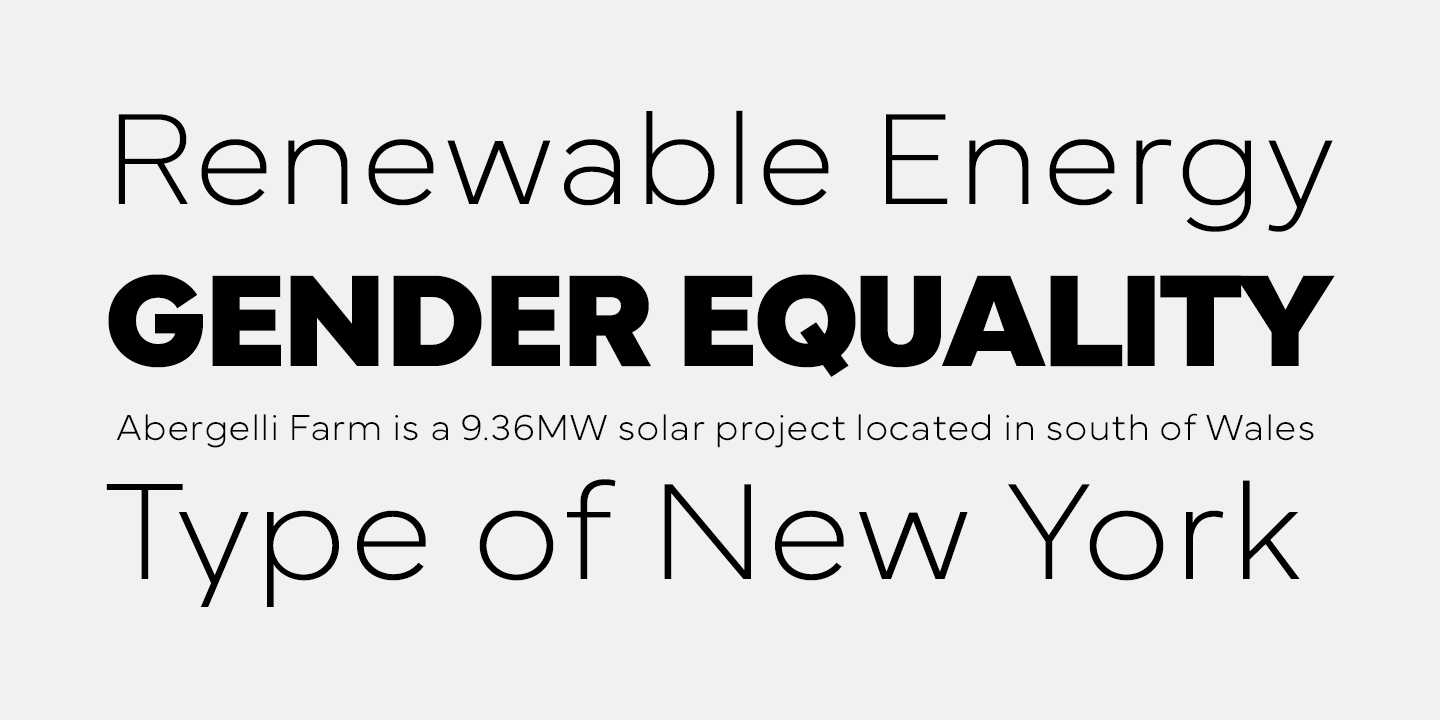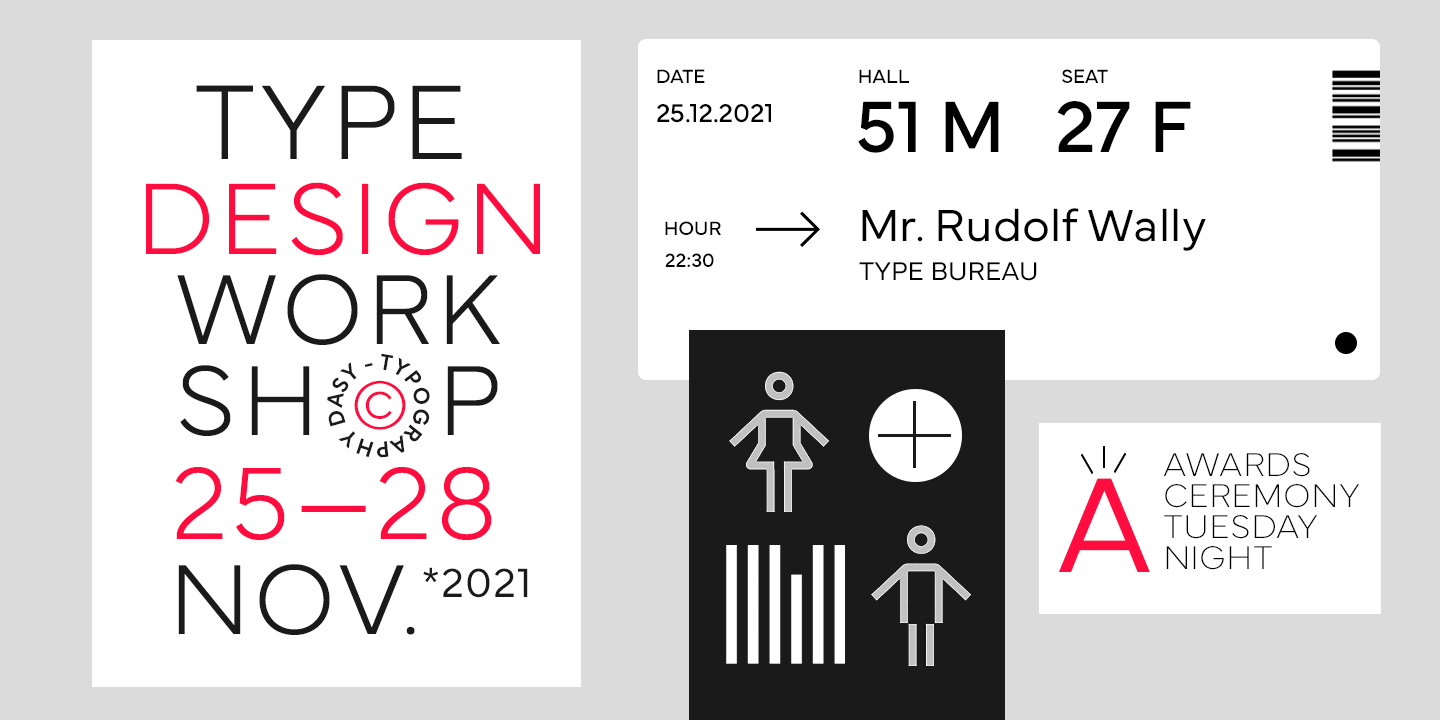Mundial familia
From: $0.00
Description
Purchasing a Desktop+Web license will grant an additional 25% discount.
(Applied at the checkout)
For other licensing options (Broadcasting, Video Game, Digital Ads, E-book, Trial, Educational, etc…) Contact Us
Prices expressed in dollars. Taxes are not included and will be calculated according to the country.
Technical Details
Open Type Features:
Localized Forms, Stylistic Sets, Stylistic Alternates, Ordinals, Superiors, Subs, Old-Style Numerals, Tabular Numerals, Self-Building Fractions, Kerning, Ligatures, Discretional Ligatures, Case sensitive forms
Glyph count:
745 Characters.
Language Support:
219 Languages.
Available formats:
OTF, TTF, WOFF 2, WOFF, EOT, SVG.
Language support
Latin based languages of these countries and regiones supported by this type family:
- Abenaki
- Afaan Oromo
- Afar
- Afrikaans
- Albanian
- Alsatian
- Amis
- Anuta
- Aragonese
- Aranese
- Aromanian
- Arrernte
- Arvanitic (Latin)
- Asturian
- Atayal
- Aymara
- Azerbaijani
- Bashkir (Latin)
- Basque
- Belarusian (Latin)
- Bemba
- Bikol
- Bislama
- Bosnian
- Breton
- Cape Verdean Creole
- Catalan
- Cebuano
- Chamorro
- Chavacano
- Chichewa
- Chickasaw
- Cimbrian
- Cofán
- Cornish
- Corsican
- Creek
- Crimean Tatar (Latin)
- Croatian
- Czech
- Danish
- Dawan
- Delaware
- Dholuo
- Drehu
- Dutch
- English
- Esperanto
- Estonian
- Faroese
- Fijian
- Filipino
- Finnish
- Folkspraak
- French
- Frisian
- Friulian
- Gagauz (Latin)
- Galician
- Ganda
- Genoese
- German
- Gikuyu
- Gooniyandi
- Greenlandic (Kalaallisut)
- Guadeloupean Creole
- Gwich’in
- Haitian Creole
- Hän
- Hawaiian
- Hiligaynon
- Hopi
- Hotcąk (Latin)
- Hungarian
- Icelandic
- Ido
- Igbo
- Ilocano
- Indonesian
- Interglossa
- Interlingua
- Irish
- Istro-Romanian
- Italian
- Jamaican
- Javanese (Latin)
- Jèrriais
- Kaingang
- Kala Lagaw Ya
- Kapampangan (Latin)
- Kaqchikel
- Karakalpak (Latin)
- Karelian (Latin)
- Kashubian
- Kikongo
- Kinyarwanda
- Kiribati
- Kirundi
- Klingon
- Kurdish (Latin)
- Ladin
- Latin
- Latino sine Flexione
- Latvian
- Lithuanian
- Lojban
- Lombard
- Low Saxon
- Luxembourgish
- Maasai
- Makhuwa
- Malay
- Maltese
- Manx
- Māori
- Marquesan
- Megleno-Romanian
- Meriam Mir
- Mirandese
- Mohawk
- Moldovan
- Montagnais
- Montenegrin
- Murrinh-Patha
- Nagamese Creole
- Nahuatl
- Ndebele
- Neapolitan
- Ngiyambaa
- Niuean
- Noongar
- Norwegian
- Novial
- Occidental
- Occitan
- Old Icelandic
- Old Norse
- Onĕipŏt
- Oshiwambo
- Ossetian (Latin)
- Palauan
- Papiamento
- Piedmontese
- Polish
- Portuguese
- Potawatomi
- Q’eqchi’
- Quechua
- Rarotongan
- Romanian
- Romansh
- Rotokas
- Sami (Inari Sami)
- Sami (Lule Sami)
- Sami (Northern Sami)
- Sami (Southern Sami)
- Samoan
- Sango
- Saramaccan
- Sardinian
- Scottish Gaelic
- Serbian (Latin)
- Seri
- Seychellois Creole
- Shawnee
- Shona
- Sicilian
- Silesian
- Slovak
- Slovenian
- Slovio (Latin)
- Somali
- Sorbian (Lower Sorbian)
- Sorbian (Upper Sorbian)
- Sotho (Northern)
- Sotho (Southern)
- Spanish
- Sranan
- Sundanese (Latin)
- Swahili
- Swazi
- Swedish
- Tagalog
- Tahitian
- Tetum
- Tok Pisin
- Tokelauan
- Tongan
- Tshiluba
- Tsonga
- Tswana
- Tumbuka
- Turkish
- Turkmen (Latin)
- Tuvaluan
- Tzotzil
- Uzbek (Latin)
- Venetian
- Vepsian
- Volapük
- Võro
- Wallisian
- Walloon
- Waray-Waray
- Warlpiri
- Wayuu
- Welsh
- Wik-Mungkan
- Wiradjuri
- Wolof
- Xavante
- Xhosa
- Yapese
- Yindjibarndi
- Zapotec
- Zarma
- Zazaki
- Zulu
- Zuni
Character set
This is the list of characters included in the different variants of type family.

